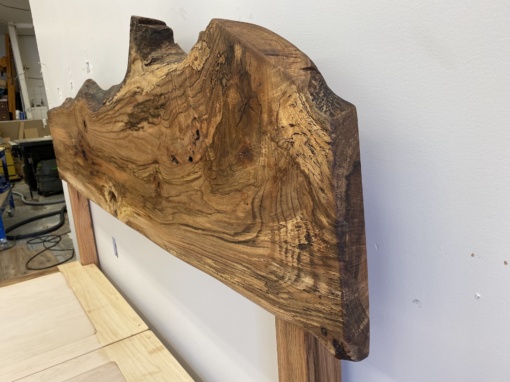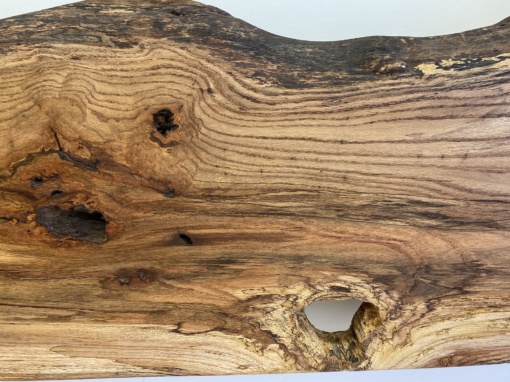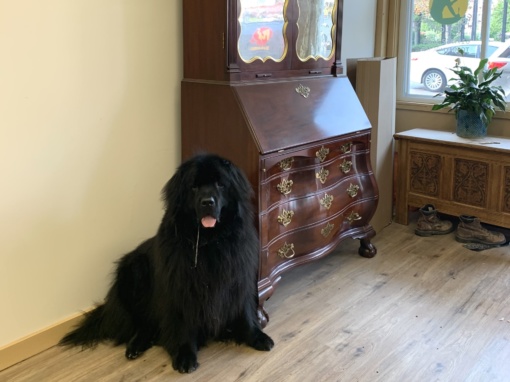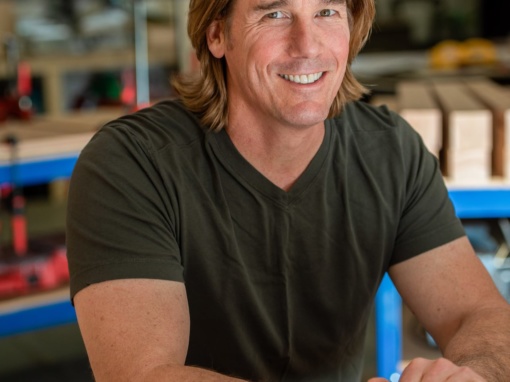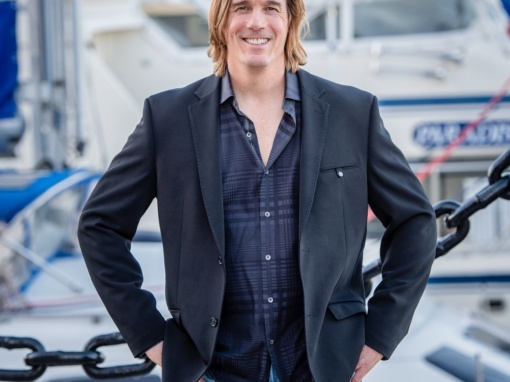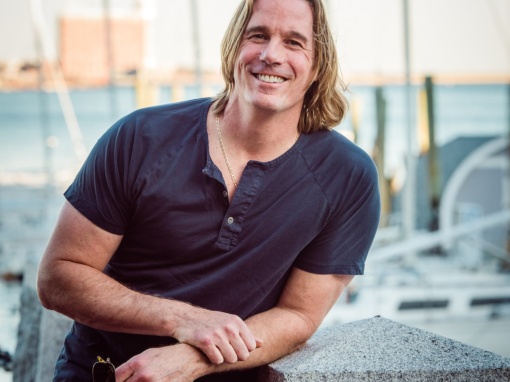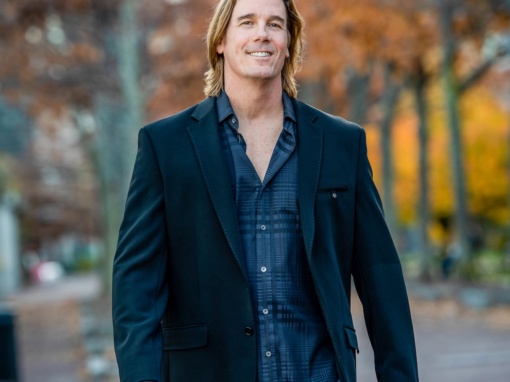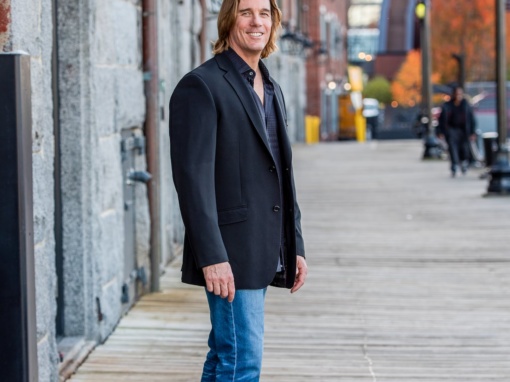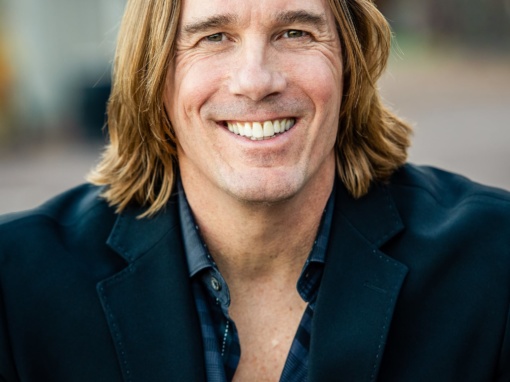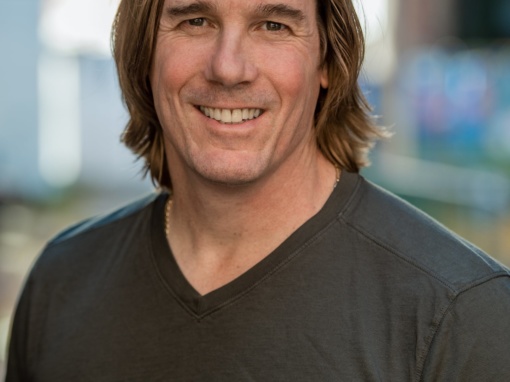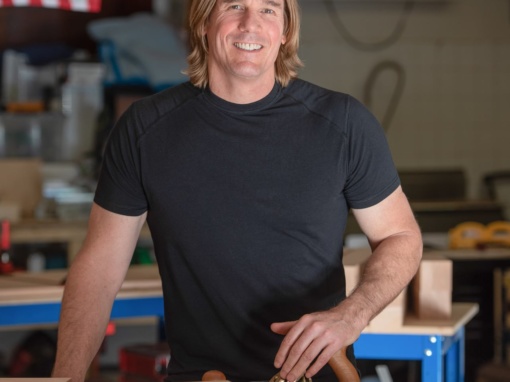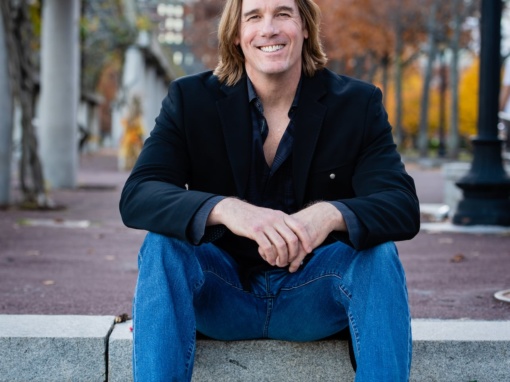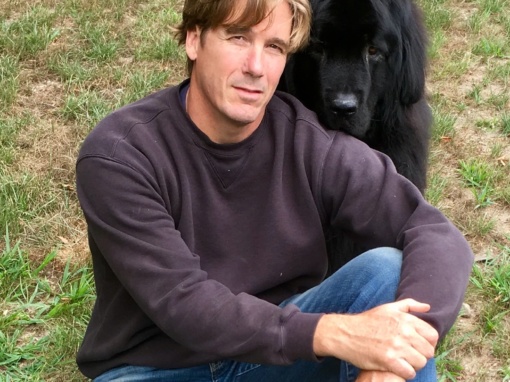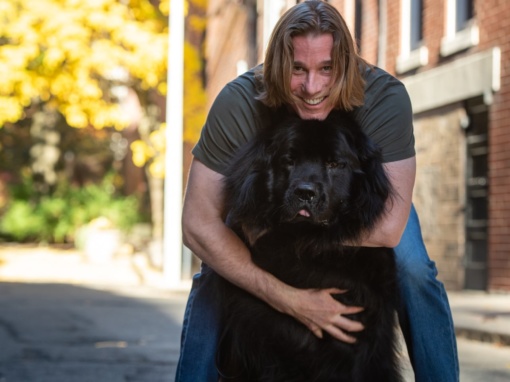The world is changing in this year. We do not wake up anymore and go out to milk the cows. A century ago, 90% of people farmed. Today it’s about 2%.
The steam engine played a part, as did the oil industry, rural electrification during the recession of the 1930’s, multiple wars, their technological advances, reliable birth control, and scientific farming.
We are now, in 2013, on the threshold of another huge societal change – the digital age. Computers steal our time and our privacy. While milking those cows would anyone have thought that computer mega-giants (like Google) would be selling our search engine information to marketing companies?
We have instant access to all of human wisdom on search engines. And information overload. Unfortunately, we don’t know whether it’s true, or who wrote it, or what they’re trying to sell us.
We communicate constantly and easily with anyone, anywhere, who has a cell-phone, and even with dozens of people at a time. We send our most intimate thoughts of the moment (think Twitter) to the whole world. (It helps to have a good agent so that it makes money.)
Everybody multi-tasks. Dinner table conversation is shared with cells phones. No longer is this the world of serious Jeffersonian dinner table conversation. Today, we can relate to others, instantly, through the written word on a little machine that eats electricity.
The world is changing and our thinking has to change too. We garden differently. We may value “organic” even if its more hearsay than science. We choose the fashionable buzz words “ecology” and “green,” which are good, but often need more science and cost-analyses.
It was only 30 years ago since the first commercial cell network started. The first internet worm infected computers 5 years later. In 1990, a government panel linked human activities to global warming. Yet some folks still choose to not believe it, despite the weird weather and stronger storms.
In 1999 West Nile Virus invaded the US. Today, it’s a widespread disease spread by culex mosquitoes. My local Mosquito Control Unit scientist ( with 26 towns) told me that the mosquitoes prefer the blood of the thrush family, especially robins and the robin population has increased by 25%. After the babies leave the nest, the mosquitoes go after humans because Mother nature picks whatever blood is easiest.
Wetland preservation, global warming and storms increase mosquito habitats. This year, my area had the most cases of West Nile Virus and Eastern Equine Encephalitis it has ever had, and I am so glad my state supports scientific mosquito monitoring units to keep our environment safer.
This year, we did not go over the meadow and through the woods to grandma’s house in a one horse open sleigh, although I still have unused Christmas cards with pictures of that mythical memory. Today, we are into brain plasticity among other unimaginable scientific discoveries.
We are just beginning to understand the many microscopic organisms in our soil, our plants and even ourselves. The ecology of our planet and how will we grow enough food for all the people on earth.
What will be new this year? More reliable science about actual complex ecological systems we have only scratched the surface of. For gardeners and ecology buffs, it will be a fascinating, learning year.
Credit: Ruth S. Foster





